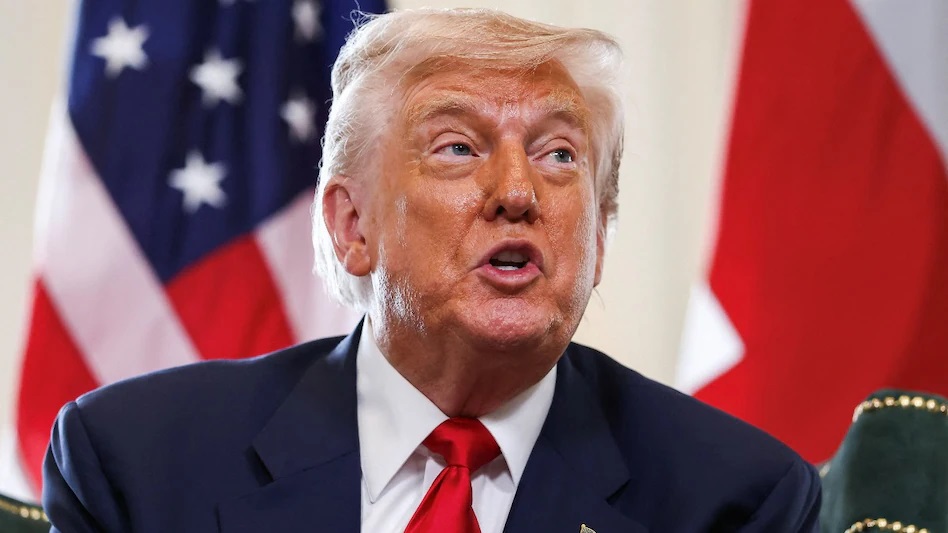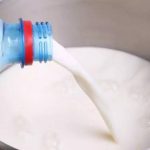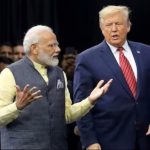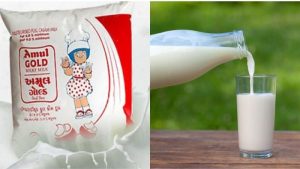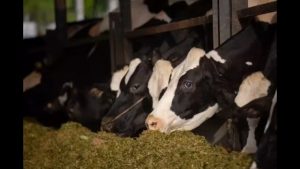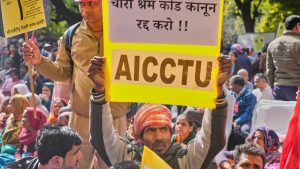
A Look at US Tariffs Reveals Surprising Protectionism on Food Imports.
In the ongoing trade dispute between the U.S. and India, President Donald Trump has repeatedly labeled India as the “Tariff King.” However, a closer look at official data reveals a complex picture, suggesting that the United States is not immune to imposing significant tariffs of its own. The article highlights that while Trump has focused on India’s duties, the U.S. quietly levies some of the highest tariffs in the world on key imports, particularly on a wide range of food and agricultural products.
For the agribusiness sector and the international dairy community, the statistics are particularly revealing. The U.S. imposes duties as high as 200% on certain dairy products, 130% on some fruits, vegetables, and cereals, and a staggering 350% on tobacco. This data provides a crucial counter-narrative to the perception that the U.S. is a bastion of free trade while other nations, like India, are the sole practitioners of protectionism.
The article draws a parallel between India’s tariffs and those of other major economies, challenging the notion that India’s duties are uniquely high. For instance, India’s tariffs of 150% on whiskey and wines are on par with rates charged by other nations, including Japan and Korea. This context is essential for dairy economics analysts and trade professionals, as it reframes the debate from a simple accusation into a nuanced discussion of global trade practices.
While India’s simple average tariff stands at 17%, the article notes that the weighted average duty on U.S. exports to India is less than 5%. This specific data point is critical, as it indicates that the actual cost of tariffs on goods flowing between the two countries is not as high as political rhetoric might suggest. It points to a more intricate reality where tariffs are strategically applied to protect specific domestic industries.
Ultimately, the article argues that the protectionist practices observed in the U.S. are common among major global economies. Rather than being a unilateral issue, the trade tensions reflect a broader global trend of nations using tariffs to protect sensitive domestic industries. For the global dairy sector, this means that trade barriers are a two-way street, and the rhetoric from one nation often obscures its own protectionist policies.
Source: Business Today: Donald Trump calls India ‘tariff king’, but the US quietly charges 350% on your groceries
You can now read the most important #news on #eDairyNews #Whatsapp channels!!!
🇮🇳 eDairy News ÍNDIA: https://whatsapp.com/channel/0029VaPidCcGpLHImBQk6x1F
